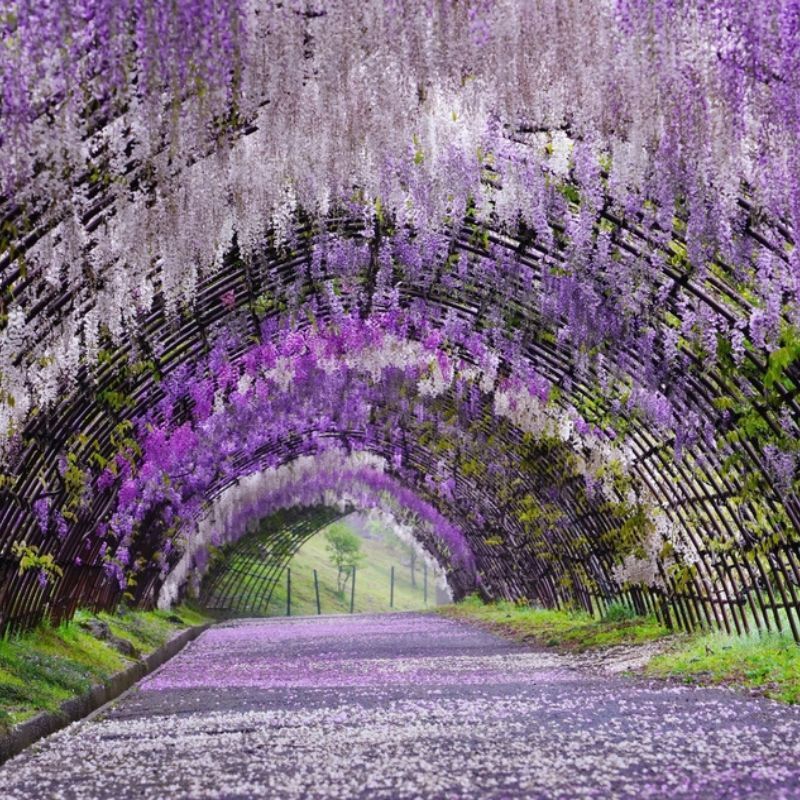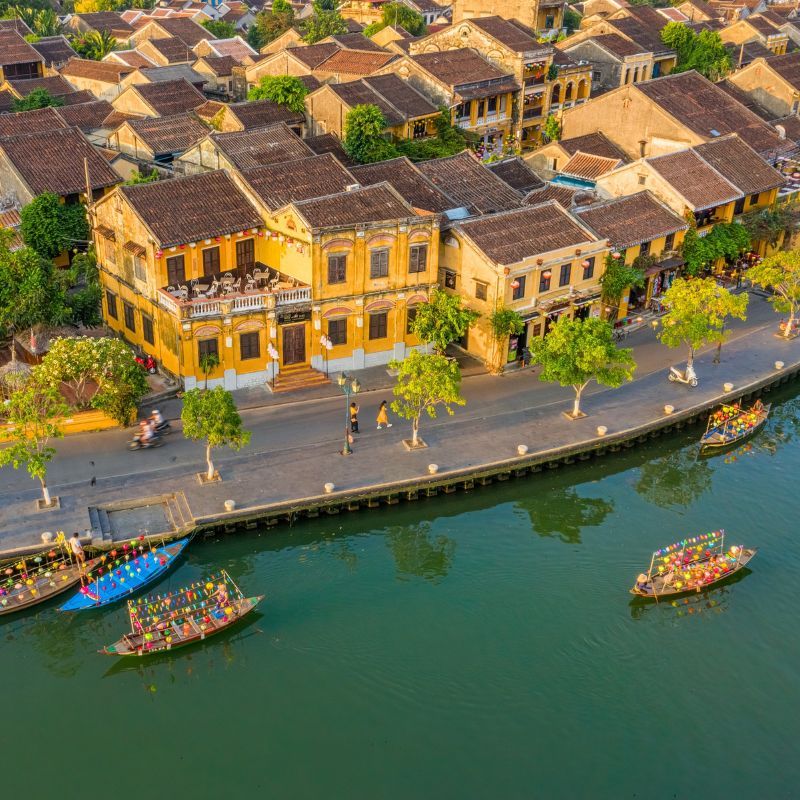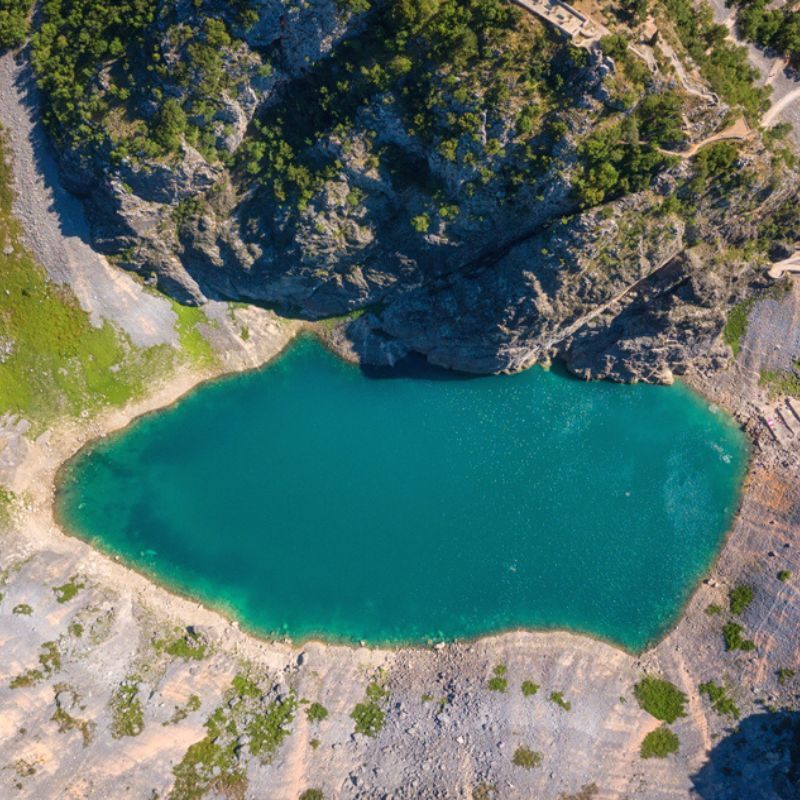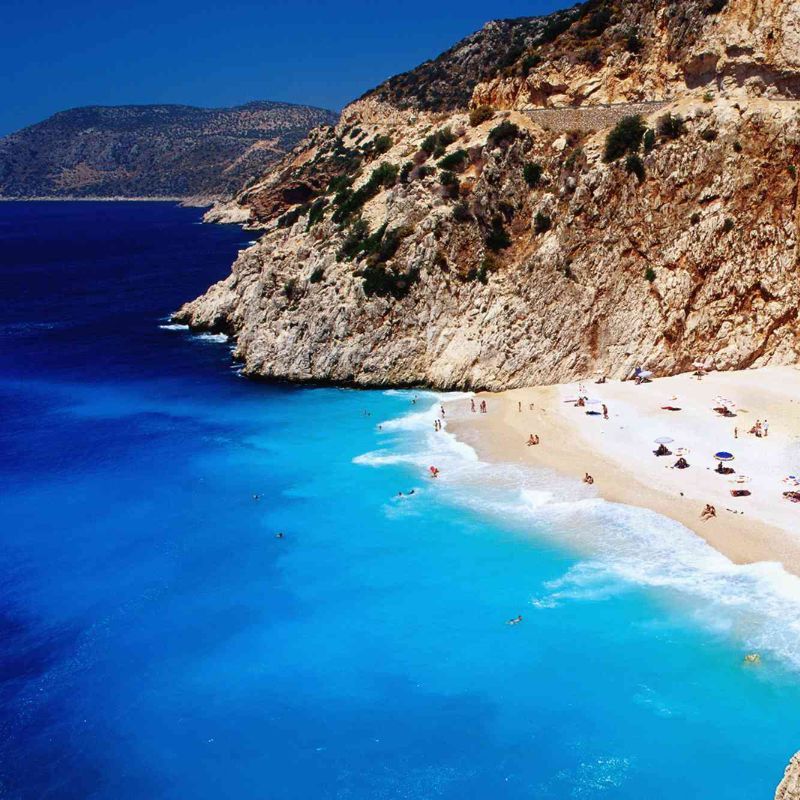
Meet Dr Rajagopalan Vasudevan, the Padma Shri Awardee who built a whole road out of plastic, and now even the government is following him. Here’s how he made it possible and inspired the rest of the world to follow suit. By Tanvi Jain
Dr Rajagopalan Vasudevan, 2018 Padma Shri awardee, 1974 batch PhD scholar, master’s in science from Madras University, and a professor at Madurai’s Thiagarajar College of Engineering is the man behind this unique creation.
How did he do this?
By fusing tar with plastic and then making the road with the polymerised mix. Per kilo of stone required 50 grams of bitumen, one-tenth of which was a plastic waste, thereby reducing the amount of bitumen — a black viscous mixture of hydrocarbons obtained either naturally or as a residue from petroleum distillation — to be used.
How is it beneficial?
Plastic increases the aggregate impact value, which determines the toughness of road, and how much load it can take. It also improves the quality of flexible pavements. Plastic roads are twice as strong as tar roads, as plastic makes them non-susceptible to disintegration and potholes. Unlike conventional roads, plastic roads are not affected by moving or stagnant water.
What followed later?
The genius idea was soon undertaken by panchayats, municipalities and even the National Highways Authority of India (NHAI). The Ministry of Road Transport had announced last year its plans to include plastic waste in the construction of highways, especially the national highways that lie within a 50-kilometre border of urban areas, with a population of five lakh or more.
What do the numbers say?
Reportedly, India already has over 1,00,000 kilometres of roads made of plastic, and with time more and more regions are adopting the idea. Chennai’s Nungambakkam area was the first to build a plastic road in 2002. And after successful demonstrations, other states like Rajasthan, Maharashtra, Manipur, Kerala, and Goa, also followed suit.
Global usage
Dr Vasudevan’s idea not only gained popularity in India but in other countries as well. For example, certain parts of Indonesia like Bali, Surabaya, Bekasi, Makassar, Surakarta, and a few others, built roads from the plastic-asphalt mix. Moreover, something similar was even tried by the Netherlands as well. Meanwhile, the United Kingdom reportedly, announced INR 14 crore for the trial of this plastic technology.
Why is it the need of the hour?
India generates over nine million tonnes of plastic every year, and over 26,000 tonnes every day. Out of this at least 40 per cent remains uncollected, and 43 per cent is used for packaging. The country is the 15th biggest plastic polluter globally. Annually, over 500 billion plastic bags are used all over the world, and over 8.3 billion plastic straws pollute the beaches. The numbers are so scary that according to them the number of plastics in the sea is likely to soon exceed the number of fish.
Related: Plastic In Arctic Snow: How Many More Reminders Do We Need?










